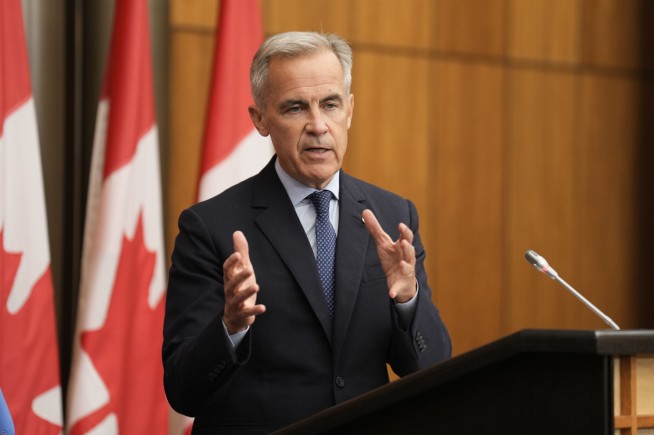Canada has made a significant diplomatic announcement, signaling a pivotal shift in its foreign policy by declaring its intent to recognize a Palestinian state at the United Nations. This move, spearheaded by Prime Minister Mark Carney, aligns Canada with a growing global consensus advocating for Palestinian self-determination and represents a broader international recalibration against specific Israeli policies in the Gaza region.
This decision by Ottawa is not an isolated incident but rather indicative of a sweeping global realignment in the approach to the Israeli-Palestinian conflict. Several nations and international bodies have increasingly expressed concerns over humanitarian conditions and the pursuit of a two-state solution, leading to a noticeable surge in diplomatic pressure on Israel. This collective shift underscores a renewed international commitment to fostering a viable path toward lasting peace and stability in the Middle East.
For Canadian diplomacy, this recognition marks a departure from its traditional, more reserved stance on the conflict, positioning the nation more firmly within the bloc of countries championing Palestinian statehood. This proactive foreign policy step is anticipated to reshape Canada’s role on the global stage, potentially influencing its bilateral relations within the Middle East and its standing among key international partners, reflecting its commitment to international law and human rights.
The historical context of the Israeli-Palestinian conflict is deeply complex, rooted in decades of territorial disputes, political aspirations, and humanitarian crises. The international community has long sought a resolution that ensures security for Israel while recognizing the legitimate rights and aspirations of the Palestinian people. Canada’s latest action contributes to the evolving narrative surrounding these efforts, emphasizing the urgency of a just and equitable solution.
The announcement is expected to elicit varied reactions from key global players. While it will likely be welcomed by the Palestinian Authority and several Arab and European nations, Israel is anticipated to express strong disapproval, viewing such recognition outside a negotiated settlement as premature or counterproductive. The United States, a staunch ally of Israel, will also be closely observing the ramifications of Canada’s evolving position.
The United Nations will serve as the primary forum for Canada’s official recognition in September, highlighting the world body’s crucial role in international diplomacy and the recognition of states. The UN has historically been central to discussions on the Israeli-Palestinian conflict, passing numerous resolutions and serving as a platform for dialogue. Canada’s formal declaration at this prestigious institution lends significant weight to the global push for a two-state solution.
Looking ahead, Canada’s recognition of Palestinian statehood will undoubtedly open new avenues for diplomatic engagement and potentially influence future peace processes. While symbolic in many aspects, such recognition can bolster the Palestinian Authority’s standing, encourage other nations to follow suit, and intensify international efforts towards a comprehensive and negotiated settlement, addressing the complex challenges in the region.
Ultimately, this strategic move by Canada, as part of a broader shift in international relations, underscores the intricate dance of global politics and the continuous quest for equilibrium in one of the world’s most enduring conflicts. The coming months will reveal the full impact of this decision on the delicate balance of power and the prospects for a lasting resolution in the Middle East.






Leave a Reply